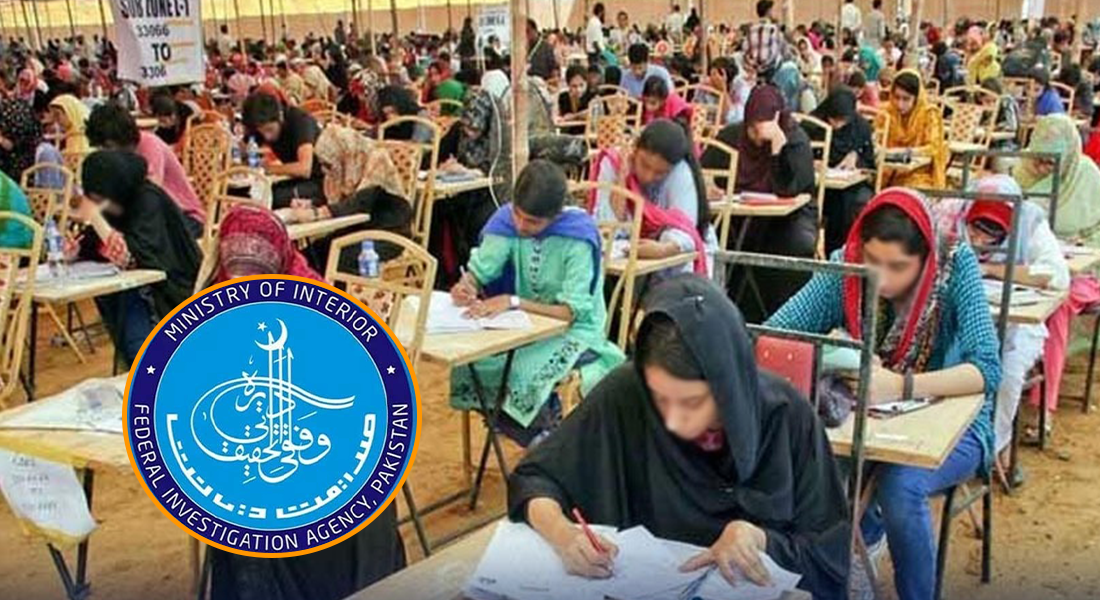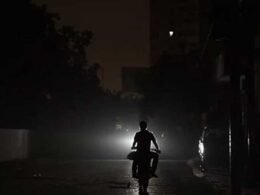Following yearly tradition, Asia’s largest cattle market has once again been set up along the Super Highway under the management of Malir Cantonment Board in advance of the Muslim festival of sacrifice.
With still a few weeks left to Eidul Azha, the market has already garnered over 50,000 animals, including a variety of cows, goats, camels and sheep that have been brought for sale from all parts of the country.
While, another 400,000 animals are expected to be brought to the cattle market in the days leading to the festival.
However, in addition to the Super Highway market and a few other markets approved by the government, various illegal animal markets also appear to have sprung up across the metropolitan city, mostly set up on vacant plots, street corners and footpaths, with no arrangements for health and safety.
Barriers against LSD
According to Muzaffar Hassan, administrator of the government approved cattle market, the Super Highway cattle market that spans over 2,000 acres has been set up at the same location for over 20-years now, seeing needful developments every year. “This year, we are threatened by the viral Lumpy skin disease (LSD) in cattle, considering which we have made some special arrangements to make sure that there is no outbreak within the market. We have stationed over twenty veterinary doctors across the market.
They are responsible for examining all animals upon entry and issuing vaccine cards. Through this technique we have been able to identify the virus in animals in over nine trawlers that came to the market, which were all sent back immediately,” informed the market administrator.
However, the hundreds of illegal markets set up across Karachi do not take circumstances like such into consideration, and almost never have any barriers in place to stop the spread of diseases. Which is why their existence risks the possibility of a viral outbreak.
Addressing the gravity of the issue, Sindh Livestock Department’s Director General Dr Nazir Kalhoro has confirmed that many animals carrying LSD have been brought to Karachi from all over the country, prior to Eidul Azha.
“Their arrival was reported some 15 days ago, following which the livestock department has taken strict measures and set up relief camps across seven locations in the city.
Strict monitoring has been started in three locations along the provincial border and four places within Karachi,” informed Kalhoro, highlighting the government’s efforts to avoid a local outbreak.











